Naseeruddin Shah

Subscribe to read full article
This section is for paid subscribers only. Our subscription is only $37/- for one full year.
You get unlimited access to all paid section and features on the website with this subscription.
Not ready for a full subscription?
You can access this article for $2 , and have it saved to your account for one year.
- Born: 20 July 1950 (Barabanki, Uttar Pradesh)
- Primary Cinema: Hindi
- Parents: Farrukh Sultan and Aley Mohammed
- Spouse: Purveen/ Manara Sikri, Ratna Pathak
- Children: Heeba Shah, Imaad Shah, Vivaan Shah
Intuitive, intelligent and highly skilled as a performer, Naseeruddin Shah brings enormous conviction to his work. His astounding ability to effortlessly imbue his characters with complexity and multiple layers marks him out as one of the finest actors of Indian cinema and theatre. Known for his subtle, sensitive and critically acclaimed performances on stage and in film, he was one of the most visible faces of the parallel cinema movement, known for its serious content and realism markedly different from mainstream Indian films. Equally, he has also displayed sincerity in his performances in mainstream successes. His most prominent films include Nishant (1975), A Wednesday (2008), Jaane Bhi Do Yaaron (1983), Aakrosh (1981), Chakra (1981), Masoom (1983), Iqbal (2005), Parzania (2005), Ishqiya (2010), and Sarfarosh (1999). He has also acted in international productions including Monsoon Wedding (2001), The League of Extraordinary Gentlemen (2003), and Today’s Special (2009). Among his many honours are three Filmfare best actor awards for his performances in Aakrosh, Chakra (1981), and Masoom (1983). Goutam Ghose’s Paar (1984) won him a Volpi Cup at the 1984 Venice film festival. His contributions to Indian cinema have been acknowledged via two of India’s highest civilian awards - the Padma Shri (1987) followed by the Padma Bhushan (2003). In 2014, his autobiography titled And Then One Day was published. Erudite, acerbic, witty, and brutally honest, he is unafraid of ruffling feathers with his often controversial opinions.
Born on 20 July 1950 into a noble family in the Uttar Pradesh town of Barabanki, he schooled at St Anselm's school, Ajmer, followed by St Joseph's College, Nainital. He earned a degree in Arts from the Aligarh Muslim University in 1971, and went on to enroll in the National School of Drama in Delhi. He also graduated from the Film and Television Institute of India in the late 1970s. He would later reveal that while he was studying at the film institute, he was given the least chance of succeeding in the film industry. “As it turned out, I am one of the few who has survived from the class. I am one of the two, the other is Shakti Kapoor. It is not a joke, it is a fact. Shakti was one of the best students in the class and I was the backbencher,” he maintained.
After a few minor appearances in films, Shah came to attention in Shyam Benegal’s Nishant (1975) written by Vijay Tendulkar and Satyadev Dubey. He played a character named Vishwam in the crime drama starring Girish Karnad, Shabana Azmi and Anant Nag. The film focused on the power of the rural elite and the sexual exploitation of women in the feudal Telangana of the 1940s and 1950s. It won the National Film award for best feature film in Hindi, and was also selected to compete for the Palme d'Or at the 1976 Cannes film festival, besides being screened at various international film festivals.
Shah would go on to become one of the poster boys, so to speak, of the New Indian cinema movement, or parallel cinema which flourished in the 1970s. Parallel cinema was defined by its more realistic visuals and filmmaking that revolved around social issues. He featured in Manthan (1976) playing Bhola in the film which was inspired by the pioneering milk cooperative movement of Verghese Kurien, followed by Bhumika: The Role (1976), broadly based on the unconventional and flamboyant life of Hansa Wadkar, who was a popular Marathi stage and screen actress during the 1940s.
Steadily consolidating his position as a respected star-actor, he delivered ‘characteristically intuitive’ performances in Sai Paranjape’s Sparsh (1980), Saeed Mirza’s Albert Pinto Ko Gussa Kyoon Aata Hai (1980), Govind Nihalani’s Aakrosh (1980), Mrinal Sen’s Khandhar (1984), Ketan Mehta’s Mirch Masala (1987), and Girish Kasaravalli’s Mane (1991).
His innate subtlety would be evidenced even in his forays in commercial Hindi cinema as seen in Subhash Ghai’s Karma (1986) which pitted him against the veteran thespian Dilip Kumar, even as he played to the gallery in films like Tridev (1989), Chamatkar (1992), and The Dirty Picture (2011), and also delivered memorable performances in mainstream films like Sir (1993), Sarfarosh (1999), Krrish (2006), Raajneeti (2010), and relatively offbeat films such as the international production Monsoon Wedding (2001) directed by Mira Nair, Dedh Ishqiya (2014), Finding Fanny (2014), The Tashkent Files (2019), and Gehraiyaan (2022).
Discussing the image he developed in Hindi cinema, he would later maintain, “I got typecast as a serious actor too damn early in my career and have struggled to shake off that mantle, it was too heavy to lug around but despite my efforts, I never got the chance to perform in as many comedies as I would have liked to. But maybe that was also a disguised blessing considering the kind of comedies we make in Mumbai.”
In a career liberally sprinkled with several memorable performances, there are some that stand out brighter. He delivered one such noteworthy performance in Sai Paranjpye’s Sparsh, playing a visually impaired school principal who is too proud to allow the empathetic heroine Kavita (Shabana Azmi) to come close, fearing that her feelings for him are governed by pity. Writing in Firstpost, Deepa Deosthalee points out, “Shah’s makeover is so complete, it’s impossible to believe he’s merely playing the part of a blind man. Rewind to the scene in the park when he caresses the heroine and woos her gently in his unique, unsighted way, and then, when he heartlessly insults her due to his own insecurity.” His performance would earn him his first National Film award for best actor.
He has delivered one pitch-perfect performance after another, whether playing an eccentric Parsi loner in Vijaya Mehta’s Pestonjee (1987), the moustache-twirling, swaggering villain in Ketan Mehta’s Mirch Masala (1987), or the dim-witted photographer caught in a web of corruption in Kundan Shah’s dark comedy Jaane Bhi Do Yaaro.
The Govind Nihalani-directed Aakrosh saw him essay another award-winning performance as Bhaskar Kulkarni, the defence lawyer of Lahanya (Om Puri), who is frustrated by the latter’s silence which conceals his terrible anguish. He delivered another compelling performance in Paar (1984). Directed by Gautam Ghose, the film was a commentary on poverty and exploitation in rural Bihar. It was based on the Bengali story Paathi.
Iqbal (2005), the coming-of-age sports drama film that was written and directed by Nagesh Kukunoor, featured Shah in one of the finest roles of his career. He played a local drunkard, Mohit, who was once a great cricketer, and is persuaded to help the cricket-obsessed deaf and mute boy Iqbal to overcome enormous difficulties and fulfill his dream of playing for the Indian national cricket team. A Wednesday (2008) saw Shah essay the role of a common man, who decides to take matters into his own hands, in his bid to avenge the terrorist attacks in the country.
Shah adds nuance even in less dramatic roles, essaying characters that are all too human. He delivered a deeply felt performance as the guilt-ridden protagonist of Masoom (1983) who has strayed from his marriage, and is unaware that he has a child from that brief relationship, whom he later gets custody of. Shah conveyed both, the character’s guilt towards his wife whose trust he has betrayed and also towards his son, whose life he has been absent from. In Gulzar’s Ijaazat (1987), he again portrayed a decent, sensitive individual who finds himself torn between his relationship with his wife and his former lover.
Shah turned director with the 2006 drama Yun Hota Toh Kya Hota. Exploring four stories which eventually become intertwined with 9/11, the film starred Konkona Sen Sharma, Irrfan Khan, Ayesha Takia, Jimmy Sheirgill, Paresh Rawal, Boman Irani and Saroj Khan. The film, which failed to strike a chord with audiences, was seen as “a well-intentioned effort not quite lasting the distance.” Despite the “obvious effort and solid performances,” it was seen to severely lack finesse.
In the late 1980s, he featured on television in the DD programmes Bharat: Ek Khoj with Shyam Benegal with whom he regularly collaborated, and Mirza Ghalib. More recently, he has also made an impact in web series such as Zero KMS (2018) and Bandish Bandits (2020).
Theatre remains Shah’s first love. The concept of Motley, one of the most respected theatre companies today, had been born in a small Lucknow coffee shop in 1978, when Shah and Benjamin Gilani decided to produce plays that sparked their interest. They had started with Samuel Beckett’s Waiting for Godot. Motley started with English theatre but gradually started including Indian literature as well, discovering writers of Indian literature such as Manto, Chughtai, and Parsai, among others. Some of his best-received plays include Mahatma vs Gandhi, Einstein, Dear Liar, and A Walk in the Woods. Speaking about directing a play versus acting in one while being directed by someone else, he revealed in an interview, “My experiences with other directors in the theatre (apart from Ebrahim Alkazi and Satyadev Dubey) have not been pleasant or successful and I have not yet found a director in the theatre who recognises my strengths and my weaknesses and helps me to use the first and overcome the second, ergo I end up directing most of Motley's plays myself. Having to direct and act is a tiring and stressful job and my one prayer right now is to find a director who can help me achieve my potential. I love directing though and I hope I can continue to do it in productions which I'm not acting in. My greatest desire is that Motley should not become synonymous with my name and should outlive me.”
Summing up his career as an actor, he said in an interview, “I have done almost everything that I decided to do as an actor, I don’t really have any such desires left,” while adding, he “wants to be part of projects which will be fun and I feel have a chance of being remembered, which says something more than just a simple story. I have had plenty of opportunities in my career for which I am extremely grateful.”
Famously blunt when sharing his views, whether on politics or the revered icons of Indian cinema, Shah has also scorned the trend of actors speaking of “method acting” and how it takes a toll on their personal lives. He believes they are merely showing off and instead need to keep themselves away from the character or it could start affecting their sanity. Speaking for himself, he has maintained that whether he is playing Ghalib or George Bernard Shaw, he is completely aware of the fact that he is only playing a character. He has also mocked the fact that “in our country, crying is mistaken for good acting.” He avers that comedy is “way more difficult than the serious stuff.” Pointing out that crying is easy because an actor can simply recall a past and completely disconnected incident for the tears to flow, he avers that even some of the most experienced and excellent actors can have trouble with laughing as they fail to understand the mechanics of laughter, the movement of the breath and so on. He opines that Mehmood was one of the most gifted actors of Hindi cinema but is unfortunately remembered only as a comedian.
His autobiography And Then One Day was deemed a “brutal, funny, always self-aware, and often self-deprecating” look at a life fully lived. A searingly honest read that provides a fascinating insight into his thought process, the memoir also sees the actor reveal that he lobbied actively for the lead role in the Richard Attenborough-directed biopic Gandhi (1982) but later discovered that Ben Kingsley had already been cast as Gandhi and Shah being tested for the part was only a ruse to delude the Indian press into thinking that an Indian could be cast for the role. He also disclosed that smoking pot (marijuana) always worked out well for him in the past as it gave a certain clarity to his thoughts.
On the personal front, Shah has revealed that his complex relationship with his father Aley Mohammed, stemming from his choosing theatre over academics, is still a source of pain. Besides not being by his father’s side during his last moments, he also regrets that he was unable to bridge the gap that existed between them. He feels guilty about running away from home during his youth without informing anybody. His relationship with his father was, to some extent, repaired by the birth of his daughter.
As a teenager, he had embarked on a deeply passionate relationship with Purveen, a 34-year-old Pakistani who was studying medicine at Aligarh Muslim University at that time. Encouraging and supportive of Shah's acting dreams, he credits her with helping to determine his direction. The couple married on 1 November 1969; however, their relationship ended soon after Shah got admission to NSD and left Aligarh for Delhi. Ten months after their wedding, Purveen gave birth to the couple's child, Heeba. Purveen eventually left for London with the baby and Shah would not see his daughter for the next 12 years.
In 1982, he married actress Ratna Pathak, who he calls the love of his life. He reveals that he fell in love with her at first sight. He first spotted her while he was talking with the legendary theatre director Satyadev Dubey about a play at a roadside sugarcane juice stall; she was also a part of Dubey's play. Shah, at the time, was recovering from a rough break-up and fell for Pathak immediately.
The couple has two sons, Imaad Shah and Vivaan Shah. Shah’s three children are all actors.







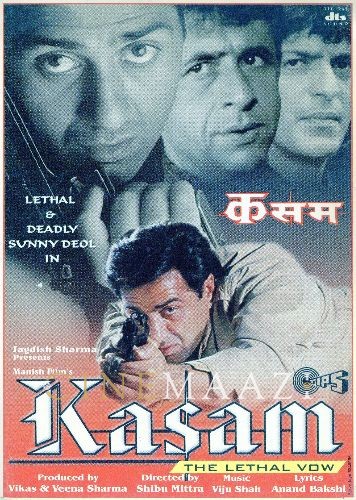
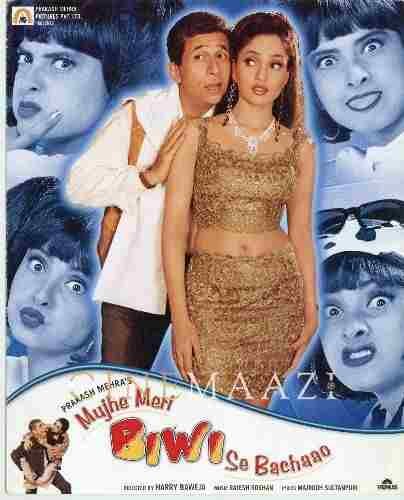
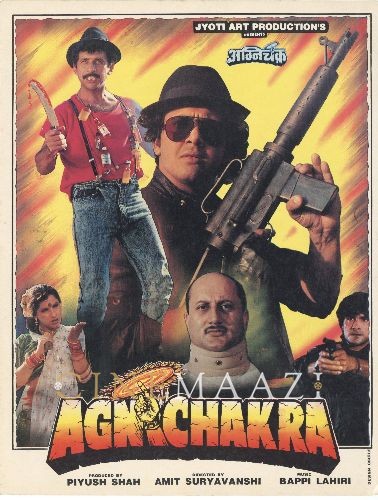
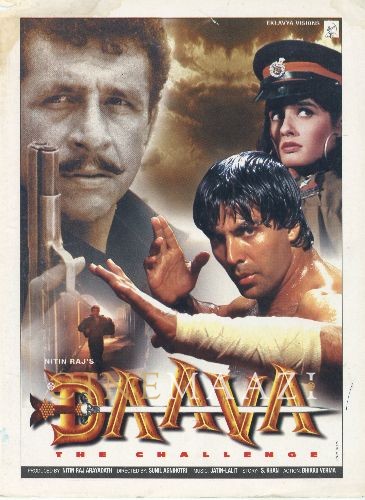
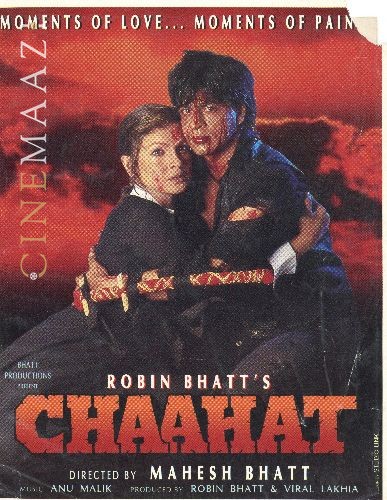
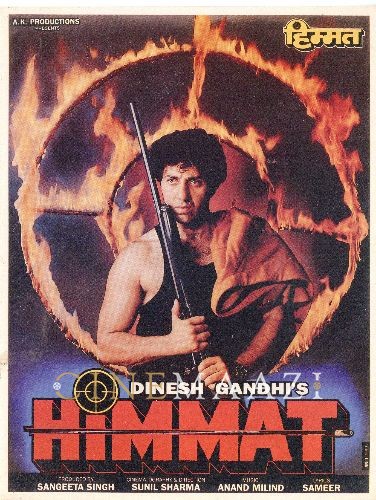
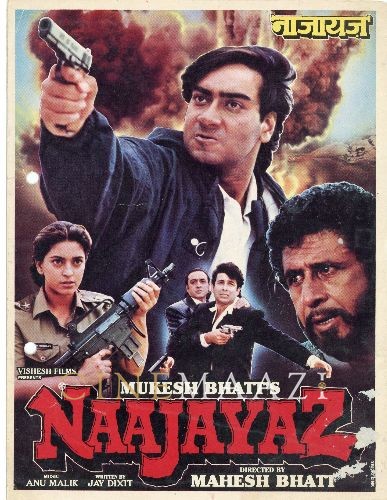
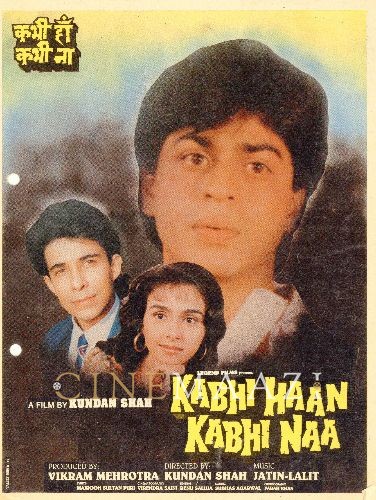
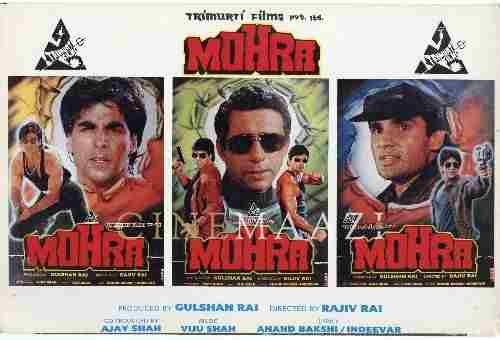
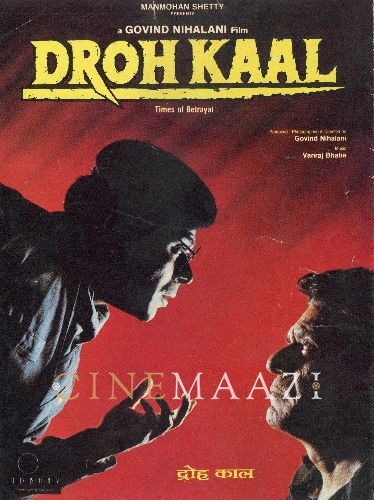

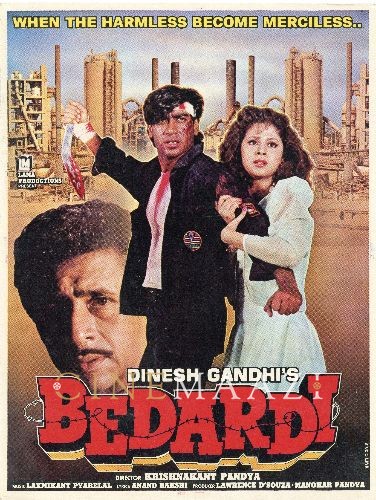

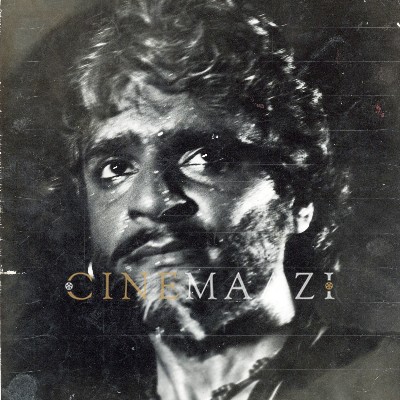



.jpg)



